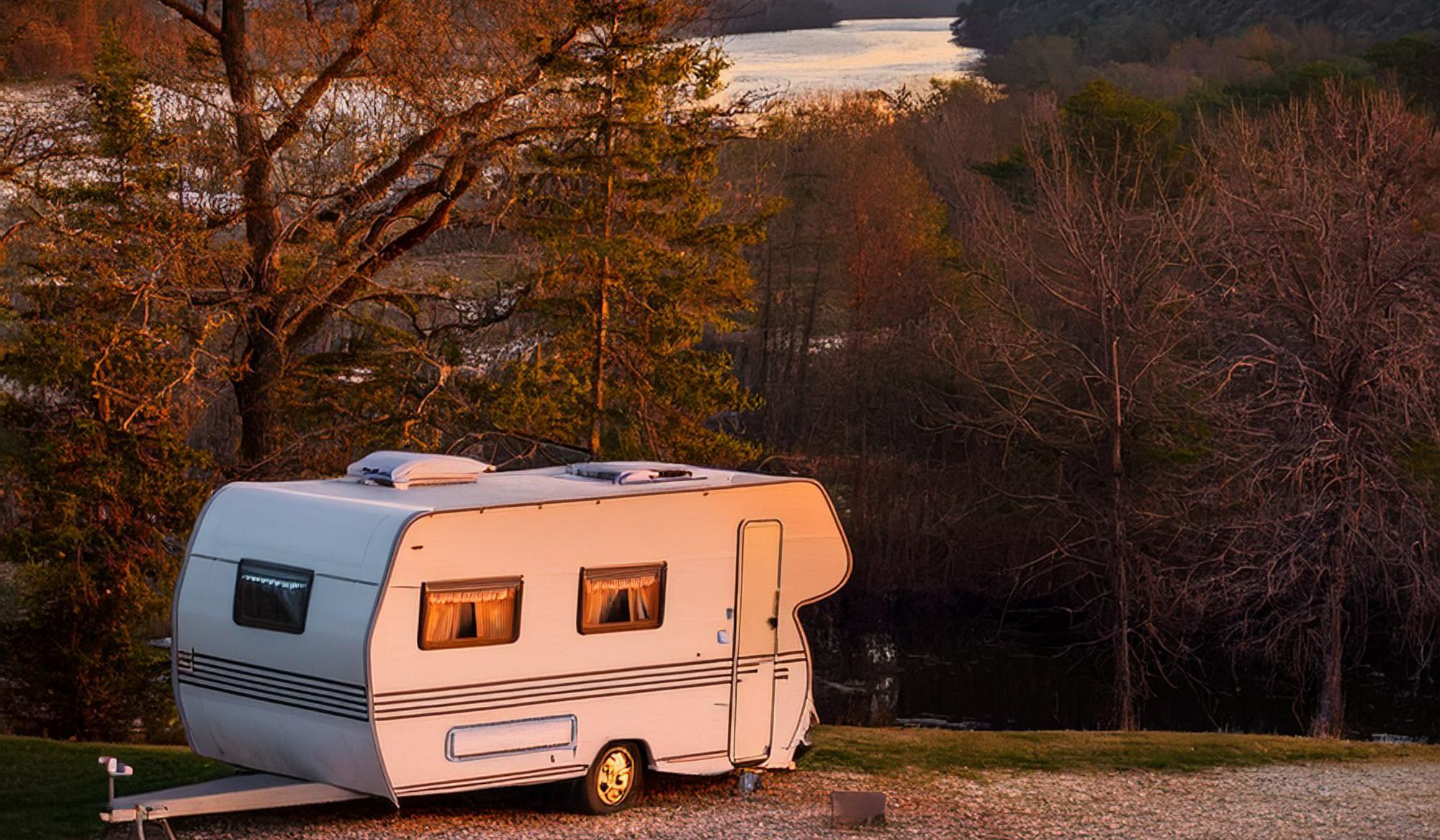We're hiring! Check out our opportunities on our careers page!
Our Office: 4100 32nd Ave. S. Fargo, ND 58104
Our Office: 4100 32nd Ave. S. Fargo, ND 58104

Camping is an outdoor leisure activity that many people take advantage of during the summer season. Cass County Electric Cooperative wants you to stay safe and has some electrical safety tips to take along on your next camping trip.
When an RV frame is electrically charged, it is often referred to as “hot skin.” Improper wiring or connection, no grounding, reversed polarity, and loose or worn outlets are just some of the potential causes. If a hot skin hazard exists, simply opening the door or coming into contact with the hitch can cause shock or electrocution.
Safety starts even before you head out on the road with your RV.
• To help prevent hot skin, your RV’s electrical system needs to be regularly tested and maintained. A professional electrician can help you make sure the wiring in your RV is safe.
• Perform a visual inspection of cords, plugs, and outlets. If there are cracked or frayed cords or broken or discolored plugs or outlets, do not use them. Have them replaced or repaired.
• Fire extinguishers as well as permanently installed carbon monoxide and fire detectors should also be on the checklist for safety precautions prior to traveling.
• Always use electrical cords rated for the use they will get. Make sure the power demand of the appliances that will be used does not exceed the cord’s rating. To plug your RV into a campground power pedestal, you will need a heavy duty, four-wire cord with a grounding wire, not an extension cord.
• Whether you are powering your RV with a generator or with a campground hookup, you need to know the amperage your RV draws and the amperage available. If you try to draw more amperage than is available, you can cause serious damage to the electrical source and your RV. You could even start a fire. Also make sure you know where your electrical panel and major switches are.
• If you use a generator, know the rules of the campground. Some do not allow generators, and some allow them only during certain hours. Also be aware of where generator exhaust is blowing. Always leave a roof vent open when you are operating a generator. Turn your generator on and have it running before you turn appliances on. Never sleep with the generator on.
Before using a campground hookup, do a visual inspection of the area. If a campground hookup appears to be damaged, put safety first and request another spot. Making the campground aware of the damage will also help future campers at that site.
In addition, be sure to have the proper cord. Never plug more than one RV into a single hookup. As with a generator, plug your RV in before turning appliances on.
With proper preparation, the great outdoors and modern conveniences can be enjoyed at the same time. For more information on electrical safety, click here!